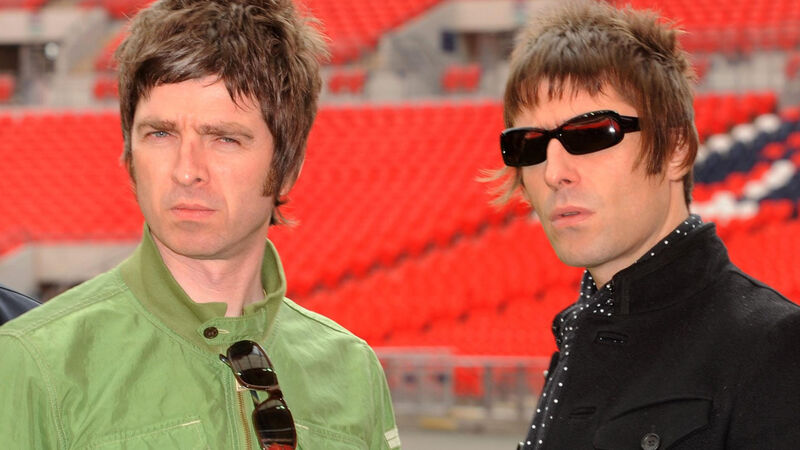Irish Examiner view: No-consequence culture well established

Noel and Liam Gallagher of Oasis. The band will perform in Croke Park next August. Picture: Zak Hussein/PA Wire
This week we saw the return of one of the most predictable phenomena in modern Irish life, the sudden hike in Dublin hotel prices coinciding with news of a major event in the capital.
The confirmation of Oasis’s concerts next year in Croke Park had barely been digested when the price of rooms for the dates in question spiked sharply: Minutes after the announcement rooms had sold out, though some hotels were still offering availability — at more than €500 for one night.













